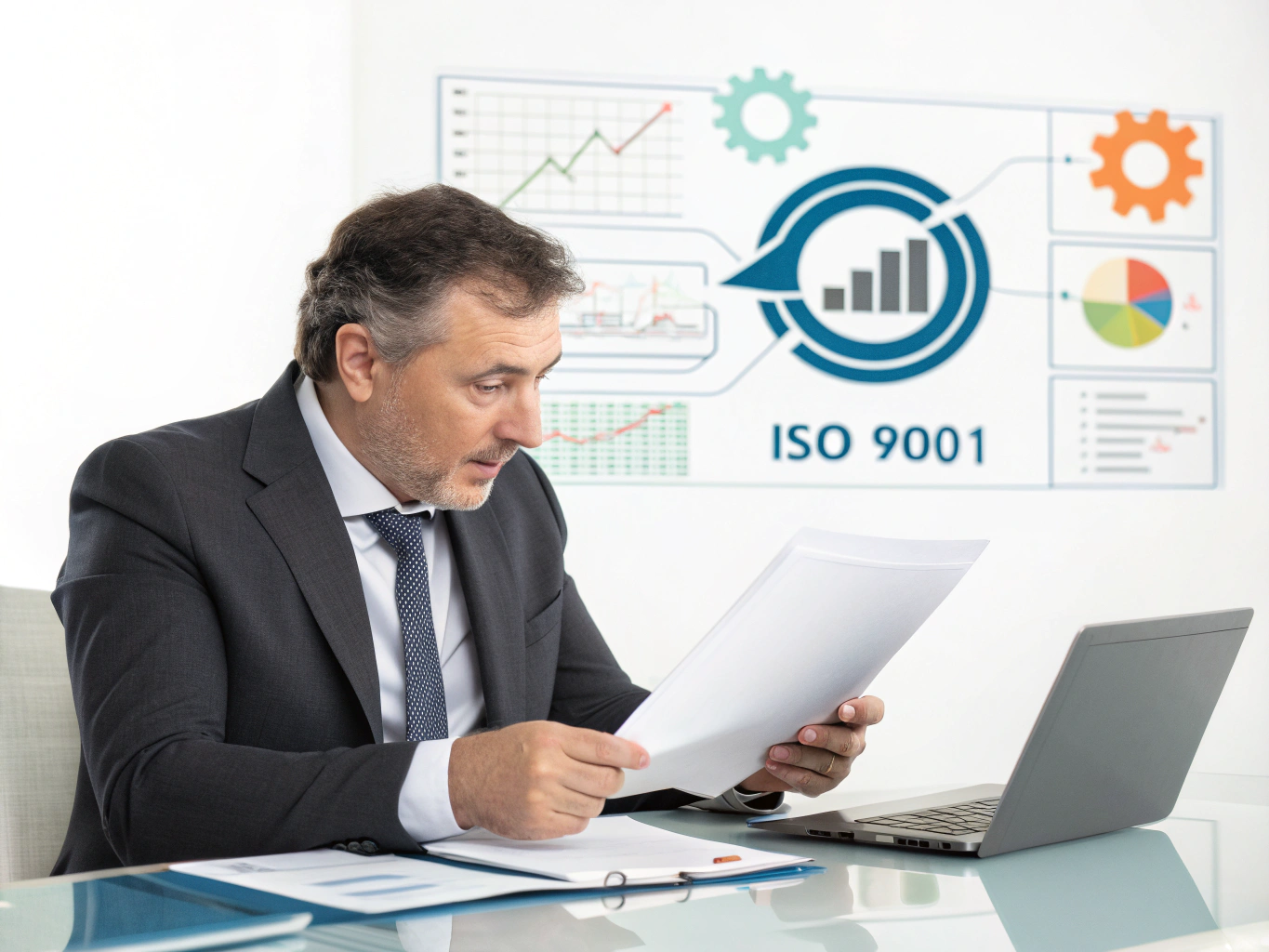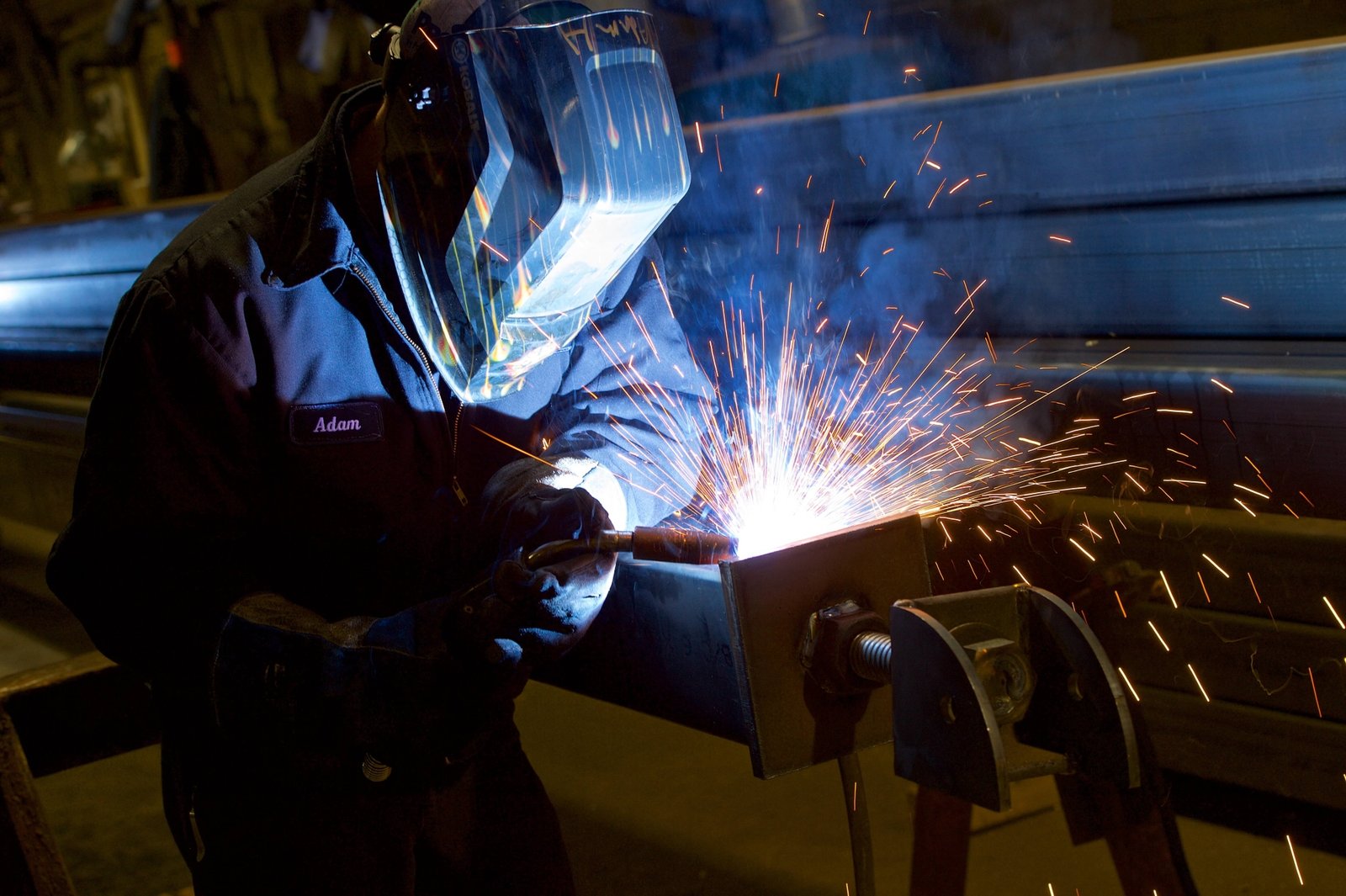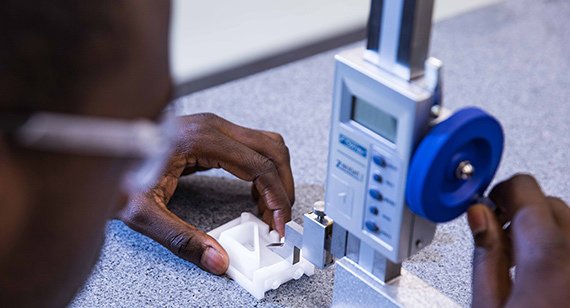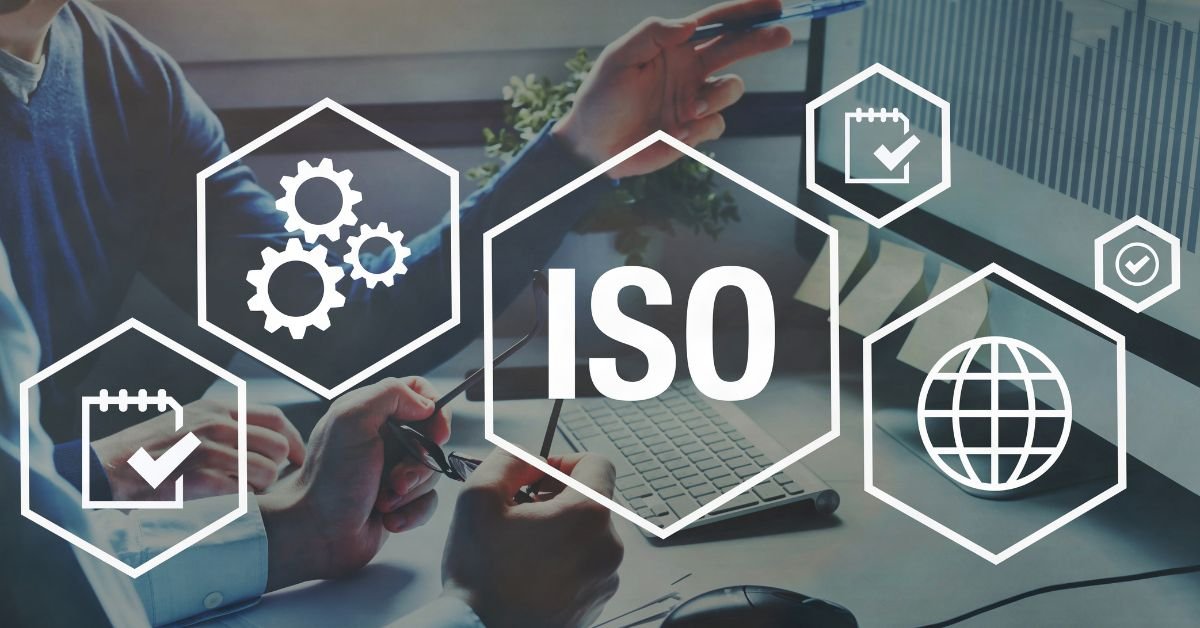
When I started sourcing custom steel parts for my clients, I faced a constant struggle. Some suppliers promised high quality but failed to deliver. Others looked impressive on paper, yet lacked the processes to handle complex projects. That’s when I realized—ISO 9001 certification1 often made the difference between a reliable supplier and a risky one.
Yes, ISO 9001 certification is necessary when selecting a custom steel parts supplier because it offers independent validation of the supplier’s quality management system2, ensuring consistent product quality and reducing operational risks.
If you’re still wondering whether ISO certification should be a deciding factor, stay with me. In this article, I’ll explain why it matters and how you can verify it yourself.
How does ISO 9001 certification impact quality management?
When I first worked with an ISO 9001-certified supplier in Vietnam, I noticed an immediate improvement. Communication was clearer, lead times were more accurate, and quality control reports were detailed and consistent. That experience showed me how certification impacts supplier performance.
ISO 9001 certification significantly improves quality management by requiring suppliers to establish standardized processes, identify risks, and implement corrective actions to ensure consistent quality and customer satisfaction.

ISO 9001 focuses on process control, risk management, and continuous improvement. Certified suppliers must follow strict guidelines for planning, production, and delivery. Here’s how it works:
Core Elements of ISO 9001 Quality Management
| Element | Description |
|---|---|
| Process Approach | Ensures consistency in manufacturing operations |
| Risk-Based Thinking | Identifies and mitigates potential quality risks |
| Customer Focus | Prioritizes customer needs and expectations |
| Continuous Improvement | Promotes ongoing enhancement of products and services |
For custom steel parts, this means tighter control over dimensional tolerances, better material traceability, and consistent product quality. As a result, delays and reworks are minimized.
A certified supplier must document every step, from raw material sourcing to final inspection. This level of process control helps ensure you get the right parts, on time, and within spec.
Another key benefit is customer satisfaction. When a supplier follows ISO 9001 standards, they focus on understanding customer requirements and consistently meeting them. This is essential in custom parts manufacturing where every tolerance and surface finish can make or break your project.
Does the lack of ISO certification indicate a quality risk?
When I encounter suppliers without ISO 9001 certification, I immediately become cautious. I’ve had experiences where un-certified factories struggled with inconsistent quality, late deliveries, and poor communication.
The lack of ISO 9001 certification can indicate potential quality risks, as it suggests the supplier may not have standardized processes for quality control, risk management, and continuous improvement.

Without ISO certification, there’s often no external validation of a supplier’s internal processes. Here are some common risks:
Common Risks with Non-Certified Suppliers
| Risk | Impact |
|---|---|
| Inconsistent Quality | Variations in tolerances, finishes, or materials |
| Missed Deadlines | Unreliable production planning and scheduling |
| Poor Documentation | Lack of inspection reports, certifications, or traceability |
| Weak Corrective Actions | Problems may repeat without systematic problem-solving |
Many non-certified suppliers rely on informal quality control systems. They may lack a documented process for handling customer feedback or non-conforming products. This can result in higher rates of defective parts, costly rework, and delays in your supply chain.
In contrast, ISO-certified suppliers are regularly audited by third parties. These audits ensure that their quality management systems are effective and continuously improving. When you’re managing large-volume orders or complex components, this level of assurance becomes critical.
Are there alternative certifications for quality assurance?
While ISO 9001 is the most recognized standard for quality management, I’ve worked with clients who required additional certifications, especially for industries like aerospace or automotive.
Yes, there are alternative certifications for quality assurance, such as AS9100 for aerospace, IATF 16949 for automotive, and ISO 13485 for medical devices, which offer industry-specific quality management systems.

Depending on your industry and product requirements, you may need to look beyond ISO 9001. Here’s a quick comparison of common certifications:
Comparison of Quality Management Certifications
| Certification | Industry | Key Focus |
|---|---|---|
| ISO 9001 | General | Quality management and customer satisfaction |
| AS9100 | Aerospace | Product safety, risk management, traceability |
| IATF 16949 | Automotive | Defect prevention, continuous improvement |
| ISO 13485 | Medical Devices | Regulatory compliance, risk management |
For example, if your custom steel parts are for aerospace applications, AS9100 certification may be required. It adds layers of quality control and documentation to meet strict safety and regulatory standards.
However, ISO 9001 remains a solid foundation. Many specialized certifications build on its principles. Working with a supplier that holds multiple certifications often demonstrates a higher level of operational maturity and process discipline.
How to verify the authenticity of an ISO certificate?
In one case, I nearly signed a contract with a supplier claiming ISO 9001 certification. Luckily, I asked for proof and cross-checked their certificate with the issuing body. It turned out the certificate was expired.
You can verify the authenticity of an ISO certificate by checking the supplier’s certificate number and registrar details, and confirming them on the accreditation body’s official website.

Verifying a supplier’s ISO certification ensures they are genuinely certified and regularly audited. Here’s how you can do it:
Steps to Verify an ISO Certificate
Request the Certificate
Ask the supplier for a copy of their ISO certificate. It should display:- Certificate number
- Standard (e.g., ISO 9001:2015)
- Certification body (registrar)
- Issue and expiry dates
Check the Certification Body
Visit the certification body’s website and use their search function to confirm the certificate is valid.
Reputable certification bodies are accredited by national organizations like ANAB (USA), UKAS (UK), or JAS-ANZ (Australia/New Zealand).Cross-Check Accreditation
Look for accreditation symbols on the certificate.
Verify the accreditation body on the International Accreditation Forum (IAF) website to ensure legitimacy.
Suppliers that are transparent and cooperative during this verification process are usually more reliable partners. If a supplier hesitates to provide certification details, consider it a red flag.
Conclusion
Choosing an ISO 9001-certified custom steel parts supplier is not just about ticking a box. It’s about ensuring consistent quality, reliable delivery, and peace of mind for your projects.

